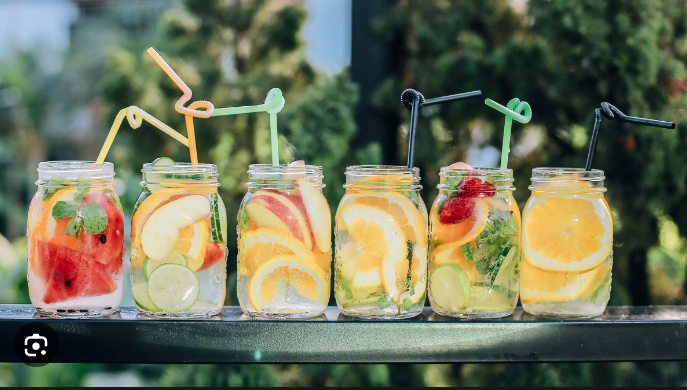These electrolyte-rich beverages are the best for hydration. Learn how pickle juice, sports drinks, and coconut water may all keep you hydrated.
Electrolytes provide your body with an electrical charge.
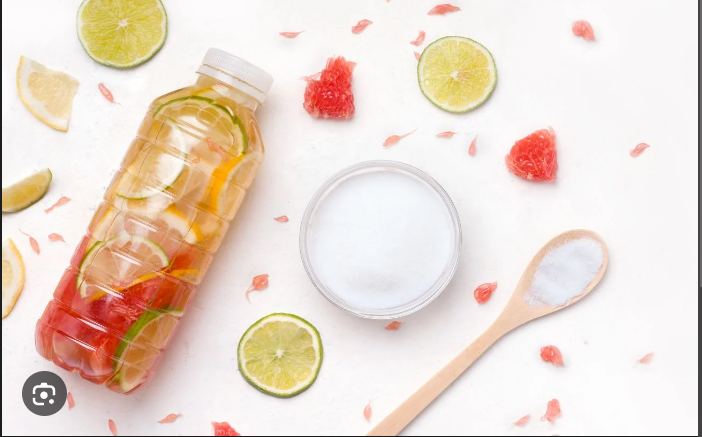
Also read-Weight Loss And Weight Gain Factors
Your blood contains minerals called electrolytes that work to maintain the proper balance of fluids in your body. They are necessary for nerve and muscle health, normal blood pressure, and brain function.
Important elements of an electrolyte are:
- Magnesium.
- Potassium.
- Sodium.
- Calcium.
- Chloride.
- Phosphate.
- Bicarbonate.
It’s crucial to restore your electrolytes and rehydrate after a challenging workout because your body loses electrolytes mostly through sweating after strenuous exercise.
You may choose an electrolyte-rich beverage at other times except just after exercise, such as:
- When spending time outside in hot temperatures.
- If you spend time at a high altitude or in dry air and are not accustomed to it.
- If you have been vomiting or have had diarrhea, leading to a loss of fluid and electrolytes,
- When you’re breastfeeding, a health care provider recommends that you increase your hydration.
- As you age, being an older adult puts you at a higher risk for electrolyte loss.
An electrolyte imbalance may show these symptoms:
- Confusion.
- Dizziness.
- Diarrhea or constipation.
- Fatigue.
- Headaches.
- Loss of appetite.
- Muscle cramps or spasms
- Nausea and vomiting
- Weakness.
Our bodies perform better and function optimally when we have the right balance in our bodies,” says Amy Kimberlain, a registered dietitian and spokesperson for the Academy of Nutrition and Dietetics based in Miami.
Several drinks high in electrolytes can improve athletic performance.
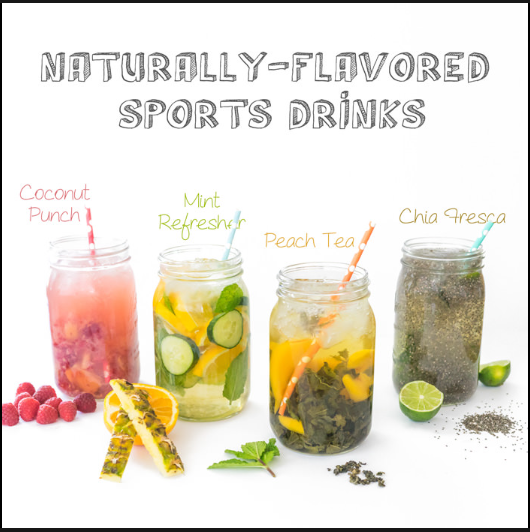
According to health professionals, you probably don’t need an electrolyte drink if you don’t sweat much after working out. That’s because the majority of individuals eat enough sodium to maintain a healthy balance of electrolytes in their bodies. In actuality, foods like canned beans, pickled cucumbers, and sunflower seeds can all contain sodium. Apricots, bananas, cooked broccoli, cooked spinach, and other plant-based meals are good sources of potassium.
“If you’re working out for an hour or less, regular water will do, so long as you hydrate properly pre- and post-workout,” Kimberlain states. “If your exercise will last for more than an hour or if it’s super hot outside, then an drink may be an important inclusion during your exercise.”
Coconut water
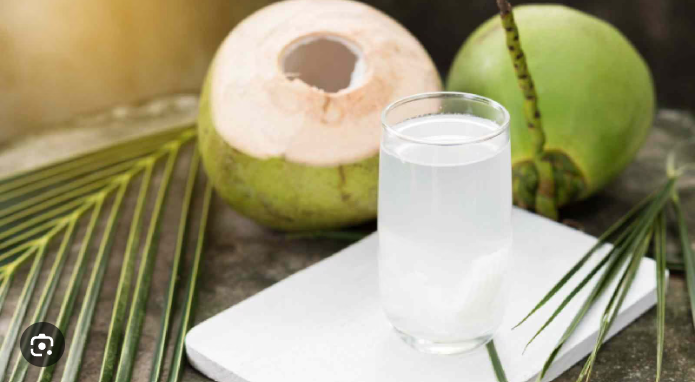
If you engage in vigorous physical exercise, coconut water can naturally replenish the electrolytes you lose while rehydrating you if you get dehydrated.
Coconut water is a fantastic source of potassium since an 8-ounce serving can contain more than 400 milligrams of that mineral, depending on the brand. However, the beverage has less salt per serving than you would require if you were engaging in intense exercise. Although there is naturally occurring sugar in coconut water, it’s important to read labels and be aware of any added sugars that some products, especially those with flavors, may include.
DIY electrolyte drink
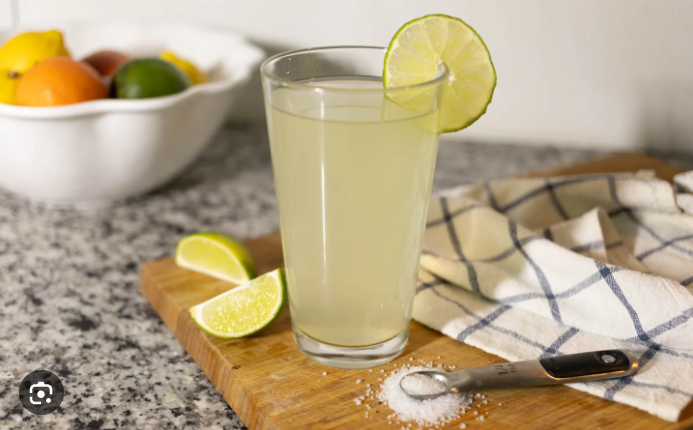
Gillian Culbertson, a registered dietitian at the Cleveland Clinic’s Center for Human Nutrition, advises thinking about preparing your own rehydration solution.
For a homemade electrolyte-rich beverage, mix:
- 2 cups of water.
- ½ teaspoon salt.
- 4 teaspoons sugar.
- Your choice of sugar-free drink or drops
“This is an affordable way to hydrate with a beverage tailored to your personal preference,” Culbertson says. “It’s easier to stay hydrated when you enjoy the beverage.”
Electrolyte-infused water
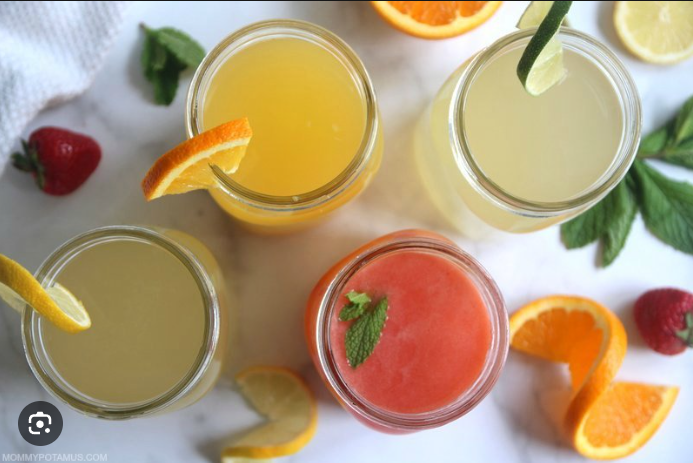
On its own, water is not a source of electrolytes. However, there are several plain water options that are infused with electrolytes on the market, including Essentia and Smartwater, which contain calcium chloride, magnesium chloride, and potassium bicarbonate. But if you crave something with a little more flavor to quench your thirst, you can easily mix electrolyte tablets or powders, such as those from Liquid I.V. and LMNT, with water for a convenient way to replenish and hydrate.
“Electrolyte-infused waters or tablets dropped into water can provide a low-calorie and low-sugar alternative to higher-calorie and higher-sugar-content drinks like juices or sports drinks,” Trentacosta says.
Pedialyte
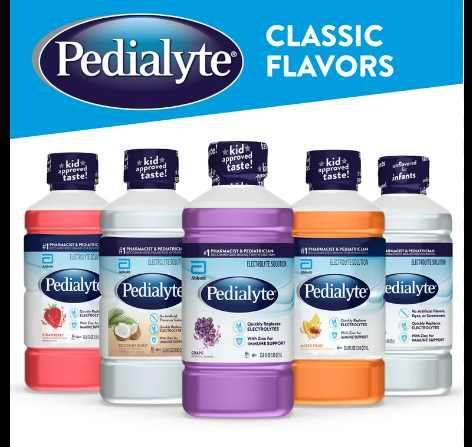
Pedialyte isn’t just for kids.
With 370 milligrams of sodium and 281 milligrams of potassium per 12-ounce serving, Pedialyte Sport is a good option for individuals engaging in extreme and/or endurance-based training involving one or more hours of rigorous exercise.
Plant-based milks
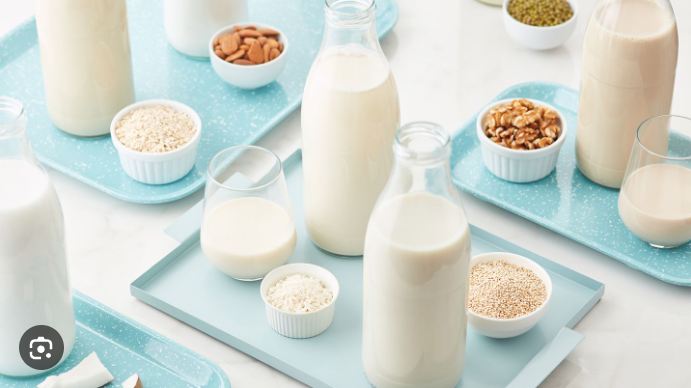
Plant-based milks can be an excellent source of electrolytes if you have a lactose intolerance, a dairy allergy, or you follow a vegan diet. For instance, 1 cup of unsweetened almond milk typically contains:
- Calcium: 482 milligrams.
- Magnesium: 15.7 milligrams.
- Phosphorous: 23.6 milligrams.
- Potassium: 176 milligrams.
- Sodium: 189 milligrams.
Even though their profile is not equivalent to cow’s milk, many dairy alternatives are often fortified with extra calcium.
Plant-based milks include:
- Almond.
- Banana.
- Cashew.
- Coconut.
- Hazelnut.
- Hemp
- Macadamia.
- Oat.
- Pea.
- Rice.
- Soy.
- Spelt.
- Quinoa.
- Walnut.
Smoothies
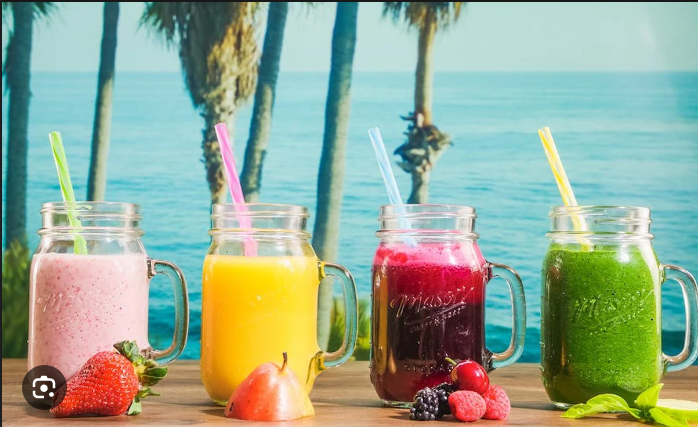
Trentacosta advises that consuming a fruit or vegetable smoothie after a strenuous workout is a wonderful method to replace some electrolytes. A smoothie can help you stay hydrated and, if you need it, supply some carbs.
All you need is a blender to make smoothies with a variety of fruits and vegetables. Here are a few options you can add to your smoothie mix:
- Apples.
- Bananas.
- Blueberries.
- Cauliflower.
- Kale.
- Mangoes.
- Spinach.
- Strawberries.
You can add cow’s milk, plant-based milk, coconut water, or yogurt if you’d like. The electrolytes you’ll get from a smoothie will depend on the ingredients you use. For example, bananas can provide extra potassium, while coconut water provides extra potassium, sodium, and manganese, Trentacosta says.
Sports drinks
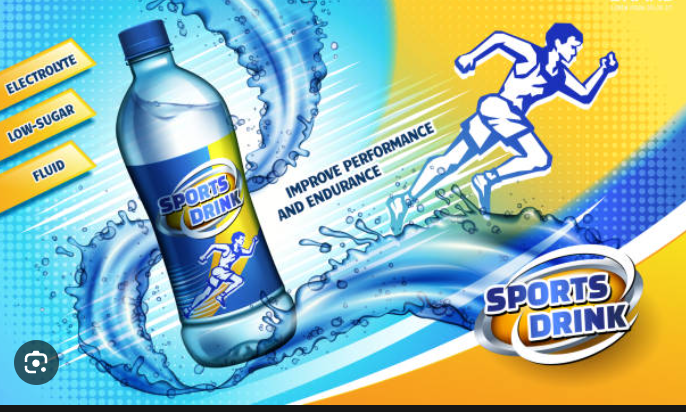
Many sports drinks are high in electrolytes. Sports beverages can be good for people who exercise for an hour or more in hot and humid conditions.
“Sports drinks are a good option to replenish the electrolytes lost through sweat to maintain fluid balance and stay properly hydrated during exercise,” Jacks says.
The content in sports drinks, such as Gatorade and Powerade, makes these beverages appealing to the athletic population. Individual sweat rates vary, but generally, 1 pound of sweat contains about 500 milligrams of sodium. It’s important to determine how much you sweat in order to know how many electrolytes you need. To determine your sweat loss, take your pre-exercise weight and subtract your post-exercise weight.
Cow’s milk
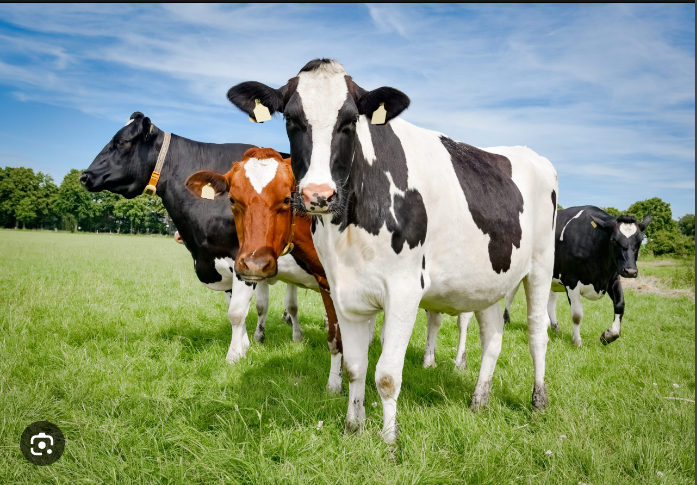
Although plant-based milks get a lot of attention nowadays, cow milk is still a reliable standby when you’re looking to replenish your electrolytes. In fact, one cup of regular whole cow’s milk provides 146 calories and:
- Calcium: 300 milligrams.
- Potassium: 366 milligrams.
- Sodium: 92.7 milligrams.
Watermelon juice
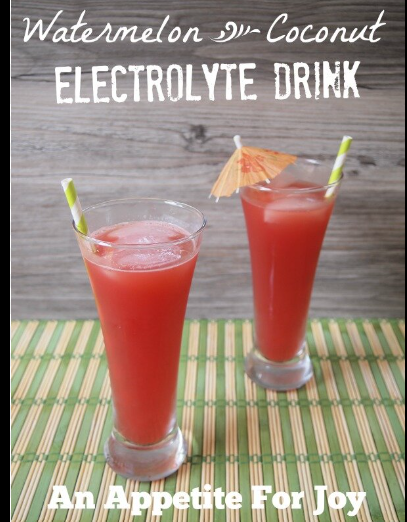
After a strenuous workout, Trentacosta advises drinking a fruit or vegetable smoothie to replenish some electrolytes. If you need some extra carbs, a smoothie can also help you stay hydrated.
This beverage is easy to make at home. All you need is fresh watermelon and a blender. If you’re feeling adventurous with your flavors, you can add a hint of fresh herbs—particularly mint, basil, and cilantro—as a complement to the watermelon flavor.
10 healthy drinks rich in electrolytes:
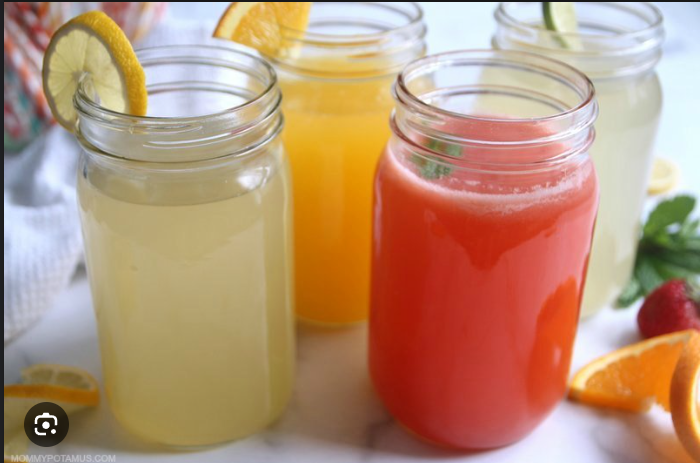
- Coconut water.
- DIY electrolyte-rich drink.
- Electrolyte-infused water.
- Pedialyte.
- Plant-based milks.
- Pickle juice.
- Smoothies.
- Sports drinks.
- Cow’s milk.
- Watermelon juice.
Also read-Wholesome Recipes And Nutritious Whole Grains To Inspire Your Grocery List
Images source-google







